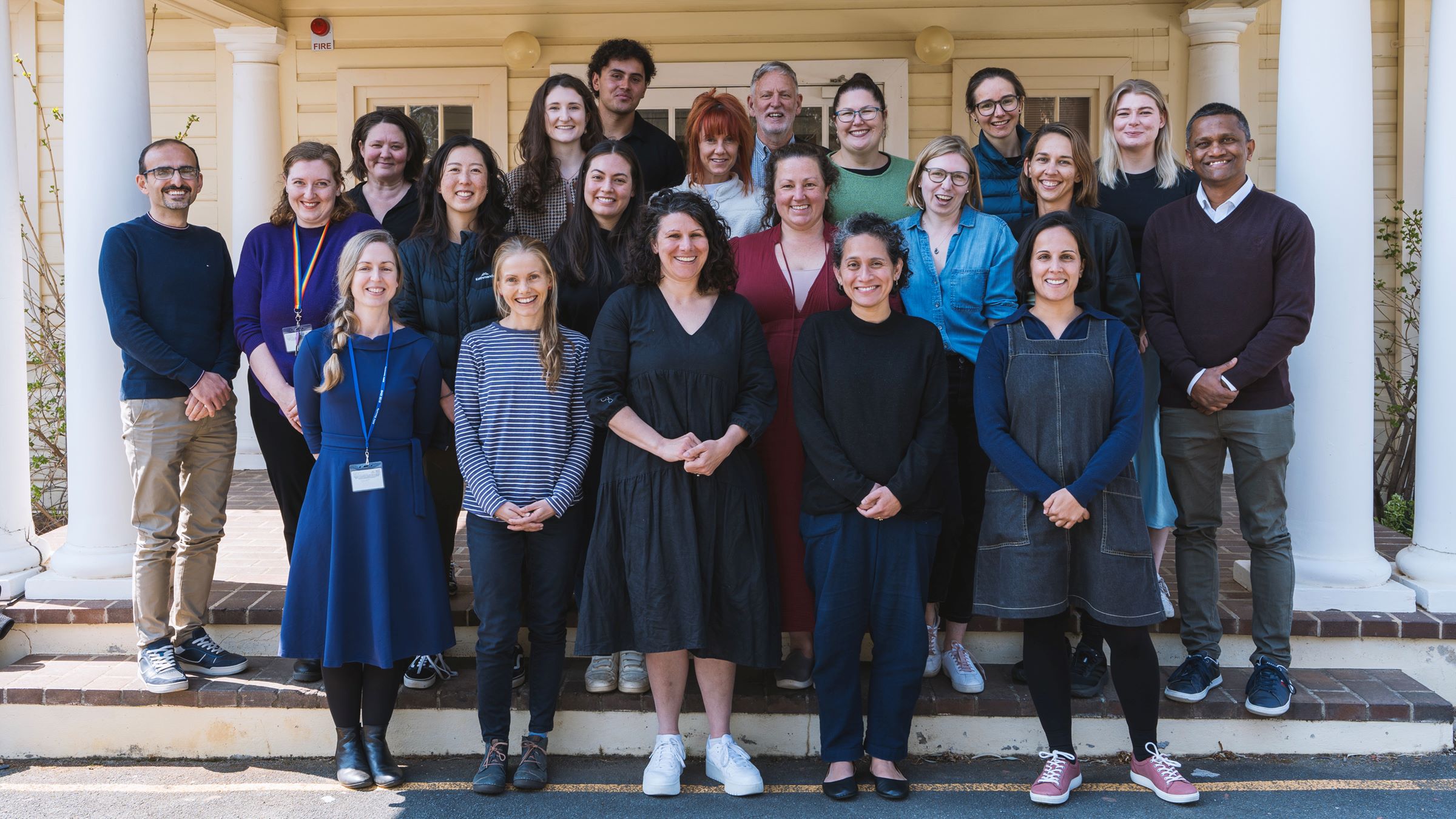
Why we study field epidemiology
When Master of Philosophy in Applied Epidemiology (MAE) student Edura Jalil was in medical school she learnt briefly about epidemiology. But it was only when she started her residency in an infectious disease unit that she really appreciated its value.
“I got a phone call from the Health Department saying: do you know where this patient got their Hepatitis A infection from?” says Edura.
This simple question sparked her interest. “There's a whole specialty out there to find the source of infection and not just managing the clinical disease. You know, disease outbreak investigators,” says Edura.

After a 17-year career as a medical doctor, Edura has returned to university to study field epidemiology. Together with 15 other students, Edura is learning how to respond to urgent health situations and implement interventions that will lessen and prevent illness or death. Students spend time both in the classroom and in various field placements across Australia and the Pacific.
Reflecting on her experience so far, Edura says she has particularly enjoyed learning a more structured approach to managing problems, as well as learning from her fellow MAE students.
“I come from a medical background,” says Edura. “I have a lot of experience in the policy and management of outbreaks, but what I find interesting is people with different backgrounds and the way they think, the way they approach a problem.”
While medical training like Edura’s provides a sound background for potential MAE students, it’s just one of the many pathways into a career in epidemiology.
Fellow MAE student, Lamalaig and Kaantju woman Nadine Hunt, came from a background in community research.
After working alongside the community for the Mayi Kuwayu Study, the largest national study of Aboriginal and Torres Strait Islander culture, health and wellbeing, Nadine realised she wanted to do more than simply collect data – she wanted to be part of the team that used the data to make long term change.

“I was stuck thinking - we're doing all this groundwork here, then handing it over to researchers,” says Nadine.
“My boss suggested the MAE as a pathway to still work alongside the community, but also carry that story all the way to the end, to where it becomes really important research.”
Nadine says her background in community research helps her better understand what the community wants, data sovereignty, and the ability to interpret research so that community can be more actively involved in decision making processes.
Meet some of the other 2024 MAE students and discover their pathway to studying epidemiology below.
Dean Pousini-Hilton

I was on track to study medicine and found that it wasn't necessarily for me. I spent a lot of time working in hospital while I was studying and pivoted towards epidemiology as a new career scope where I can still be helpful and contribute to health outcomes for the greater good, without necessarily being on that front line.
Kwendy Cavanagh

I'm a nurse by trade and I have done lots of public health nursing in my time.
I really just wanted to think about how I could make the biggest contribution that I can, and I thought epidemiology is the next step.
Holly Jian

I wanted to do the MAE because most of my career I had worked in an office in Canberra, and I wanted to do something that was not that. Field epidemiology appealed to me because it was very much focused on being out there on the ground.
I spent six weeks earlier this year working in the field in Tonga collecting blood. So it's definitely taken me places I wanted to go.
